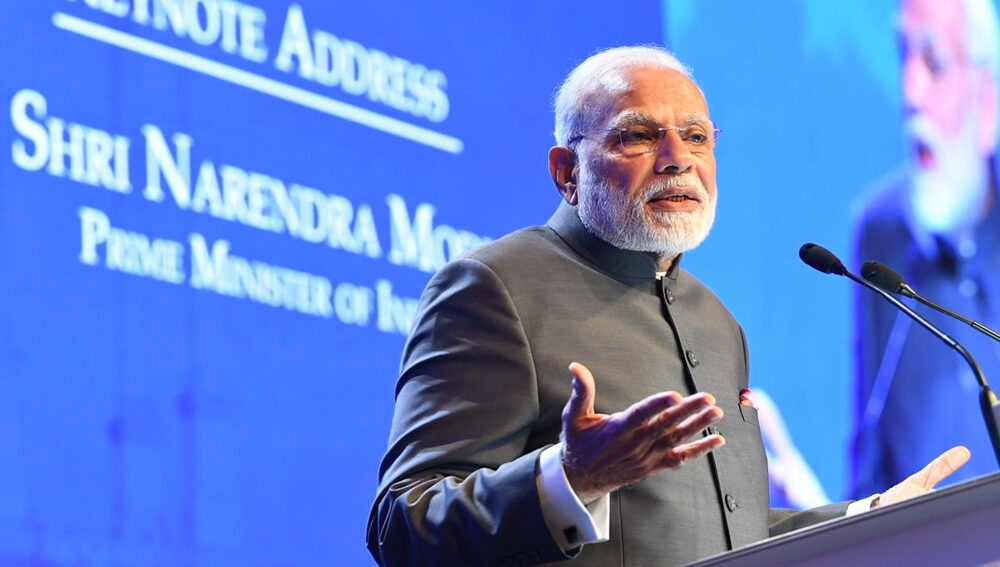IAN HALL |
Sometimes what politicians don’t say is as important as what they do say. So it was with Prime Minister of India Narendra Modi’s keenly anticipated keynote at the Shangri-La Dialogue this year.
The speech could have been fiery, as Modi’s rhetoric often is in front of a domestic audience. But as has become his style in international settings, it was discursive and emollient.
Modi’s address was intended to reassure, and hinted only obliquely at some of the challenges confronting India and the region. And although he framed his keynote in terms of the Indo-Pacific, its message was aimed for the most part at Southeast Asia.
He barely mentioned the region’s major powers and other significant players on the periphery, such as Australia or Japan. He stopped well short of criticising China or any other state by name. The “Quad” was not spoken of at all.
Instead, Modi used the speech to make the pitch that India stands willing and able to defend the “rules-based order”. He emphasised that those rules and norms have a purpose. Above all, they uphold the sovereignty and autonomy of all in the region, especially the small and middling states that comprise Southeast Asia. States such as Singapore, Modi argued:
prosper as sovereign countries … free and fearless in their choices … when the oceans are open, the seas are secure, countries are connected, the rule of law prevails and the region is stable.
Characteristically, Modi wrapped this argument in much florid prose about ancient cultural, religious, linguistic, and economic connections between India and Southeast Asia and beyond. But the bottom line was much more modern. The vision of the “rules-based order” he articulated was a patchwork of post-1945 laws and norms. At its core lie the norms of sovereignty, sovereign equality, non-intervention and non-interference, and respect for territorial integrity, as laid out in the UN Charter and reaffirmed in the postcolonial era by statements of principle such as the so-called “Panchsheel”, first agreed between China and India in 1954.
Please click here to read the full “Modi plays by the ‘rules’ at Shangri-La” article in The Interpreter by Griffith Asia Institute member Professor Ian Hall.








